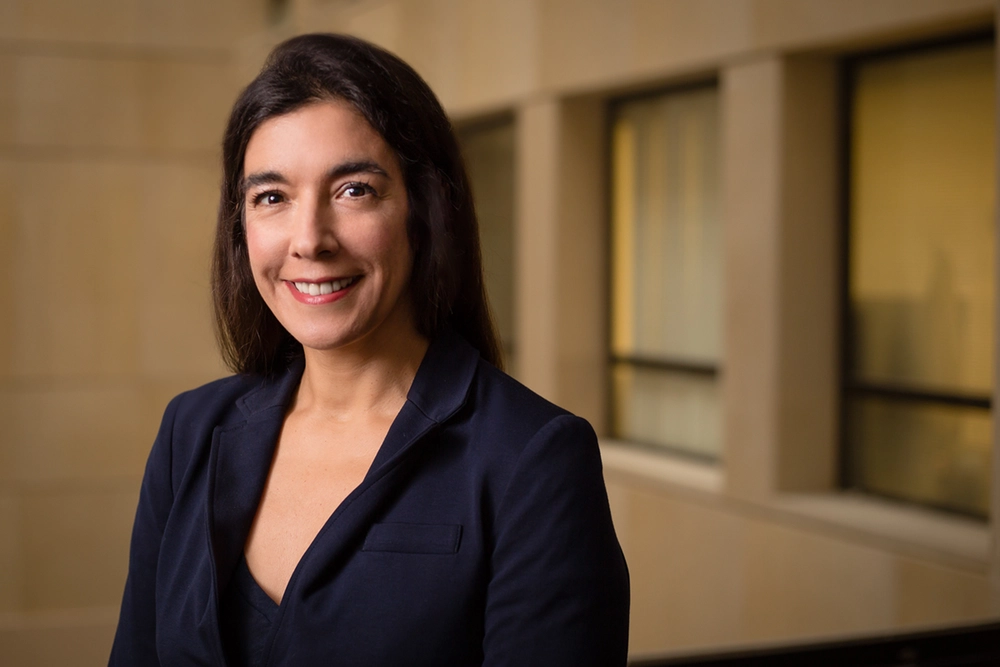
Every year, tens of thousands of people in the United States will die from drug and alcohol overdoses (source: CDC). Treating those at risk of serious harm is often a difficult process and success rates can be low. A new study led by University of Illinois Psychology professor Dolores Albarracin and graduate student Wenhao Dai examine which treatments show the most promise for treating serious addiction.
They found that treatments that focus on multiple barriers to recovery show the best success for healing from drug dependence. This includes aspects such as the biological, environmental, and social factors that perpetuate substance use as well as addressing underlying mental health difficulties. Interestingly, alcohol addiction showed a different pattern in which approaches that focused solely on alcohol use had the highest success.
The study highlights that drug addiction often involves a complex set of biopsychosocial factors that when treated holistically, can help reduce the risk of relapse. You can read more about this work at the Illinois News Bureau.
